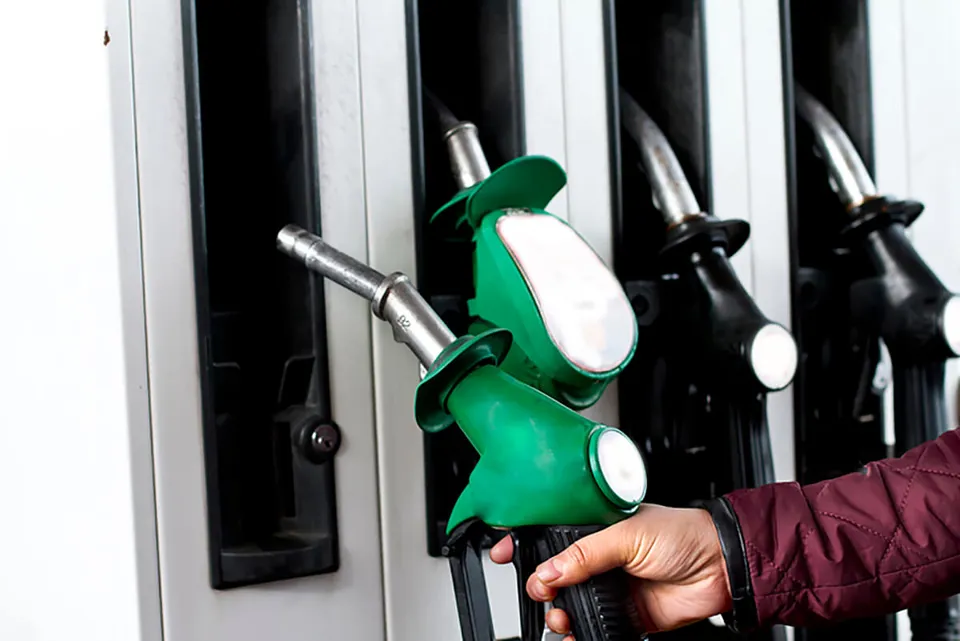Rising fuel prices are likely to have been a key factor in the number of people receiving so-called ‘free’ fuel almost halving since 2007/08, says HMRC.
In 2007/08, 330,000 employees received the benefit, compared with 190,000 in 2014/15: a 42% fall.
HMRC says that the rising fuel prices probably caused employers and employees to look more carefully at whether the fuel benefit formula resulted in a tax charge commensurate with the true value of the benefit.
However, Alastair Kendrick, tax director at MacIntyre Hudson, said: “It appears whatever you do to try and change people’s attitudes there will always be a hard core who will not change.
“We have seen many instances over the years when the tax an employee is paying on the fuel scale charge exceeds the actual amount it would cost the employee to purchase their private fuel. But it is hard work to get people to give up this right and I suspect many of the remaining population are senior personnel for whom the free private fuel is simply part of their benefits package.”
Despite the dramatic decline in the number of recipients of free fuel, HMRC figures show the tax take has not fallen at a similar rate. NICs paid for the benefit have fallen just £10 million over the same period, to £100m.
Meanwhile, the total amount of BIK paid for free fuel fell by £40m, from £290m in 2007/08 to £250m in 2014/15 – a 14% fall in tax take compared to the 42% drop in the number of recipients.
That can be explained, in part, by rising fuel prices. HMRC figures show that the average taxable value of ‘free’ fuel in 2007/08 was £2,670; in 2014/15 that had increased by 38.5% to £3,690.
The Government introduced the current CO2 emissions-based tax regime for free private fuel in April 2003, setting the fuel benefit charge multiplier at £14,400. As a result of a series of increases this now stands at £22,200.
“In 1997, the then Chancellor Gordon Brown stated that he would like to tax free private fuel out of existence,” said Jeff Whitcombe, tax specialist and director of business car consultancy BCF Wessex. “Nearly 20 years on 190,000 drivers still haven’t got the message.
“If their justification is they’re driving more than their breakeven mileage then their employers should consider how much the fuel costs, because as mileage increases the cost of the fuel rises; those employers would be well advised to buy out the benefit because they could literally save thousands of pounds, while maintaining value to employees.”





















Petrol Paul - 09/08/2016 17:07
The decline in people 'taking' free fuel has very little to do with rising Fuel Prices and very much to do with the prohibative tax cost on this as a benefit. Broadly speaking as a higher rate tax payer unless you are doing MORE than 12,000 PRIVATE miles per annum - 1000 per months free fuel actually costs you money! I'm still stagered by the number of people I meet who have free fuel and do very few private miles but say giving up free fuel would be a 'hassle' as they would need to split private and business mileage. That said I'm sure the treasury are very grateful to this group of fleet drivers paying too much tax (I beleive as a little token of their appreciation they allow the privilidged 'K' tax code for 'kind of you.')